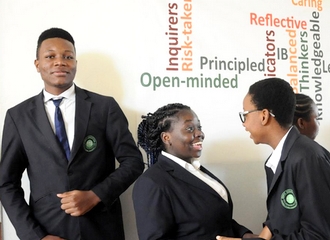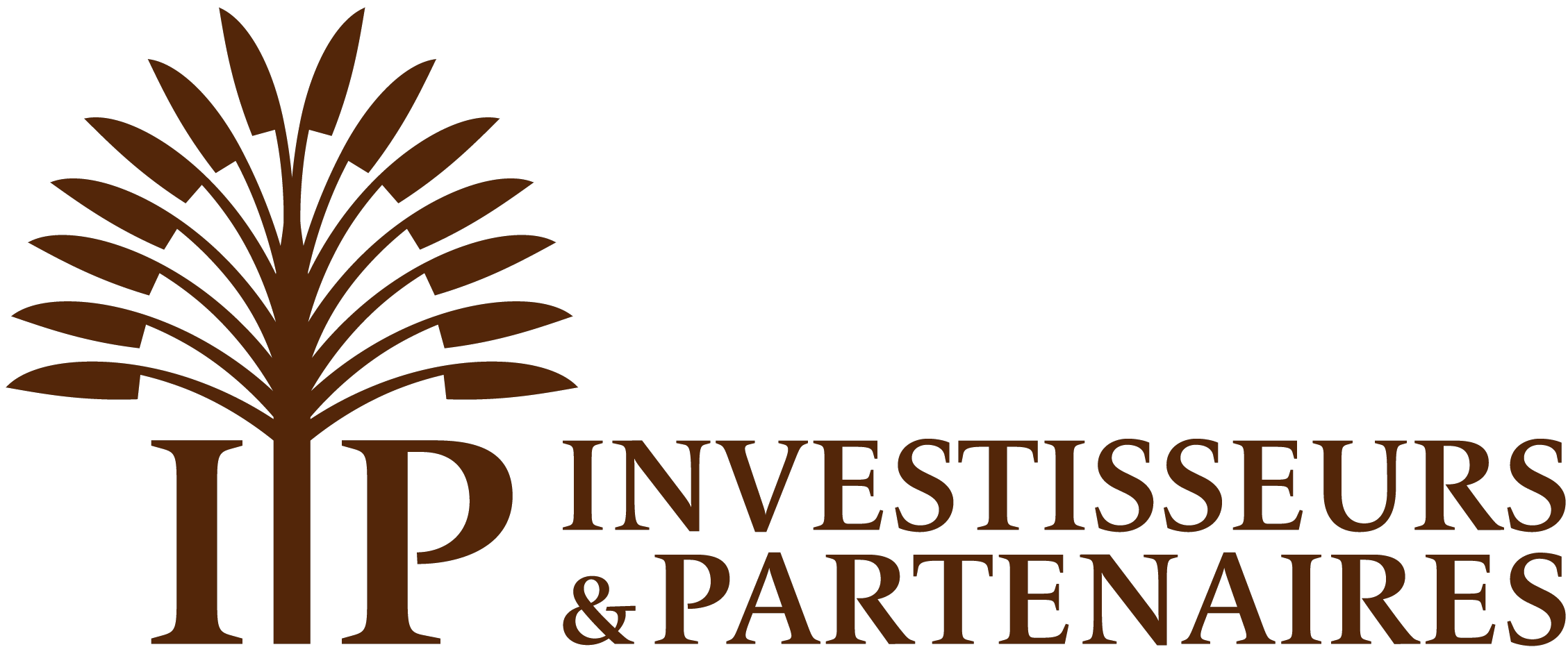Global Partnership for Education Financing conference: focus on education in Africa
Submitted by admin on Fri, 02/02/2018 - 17:13
The Global Partnership for Education Financing Conference (GPE) is organized on February 1 and 2 in Dakar. GPE is the only multilateral partnership and fund dedicated exclusively to education in the world’s poorest countries. The partnership includes developing country partners, donor countries, multilateral agencies, civil society, teachers, philanthropic foundations and the private sector. (more info on the conference here)
Let's review on this occasion some of the key issues regarding education in Sub-Saharan Africa:
Context: a major challenge in Sub-Saharan Africa
As underlined by Carole Coupez on the blog Ideas for Development, It is estimated that 264 million children and young people around the word remain out of school. (Global education deserves courageous actions !)
Access to education remains a substantial challenge in Sub-Saharan Africa. In 2012, 56 million sub-Saharan Africans aged 15 to 24 (equal to one third of the population), had not completed their primary school education and lacked skills for work. (UNESCO).
Drivers for low education levels include insufficient investment in schools, teachers, and textbooks, as well as dependence of low-income households on additional income generated by children and youth.
Good education outcomes depend not only on functioning education systems, but also on progress in other sectors (UNESCO 2015). Improved access to water, sanitation, transport services, modern energy, and other infrastructure services all increase school attendance of children, especially of girls in middle school. In particular, access to electricity and lighting has been shown to increase education outcomes by enabling children to do homework after dusk (Modi et al., 2006). A major drag on education outcomes in developing countries stems from poor child health, particularly inadequate nutrition (Bhutta et al., 2013). Greater gender equality, particularly the education of mothers, has also been shown to improve learning outcomes among children (UNESCO, 2010).
The most recent Education for All Global Monitoring Report (UNESCO, (”Education for All Global Monitoring Report: The cost of reaching new targets by 2030”) estimates incremental investment needs for the education SDG at USD 40 billion between 2015 and 2030.
Develop Human Capital: The World Economic Forum published the annual Human Capital report, with Sub-Saharan Africa standing as the lowest-ranked region in the index. As stated in introduction, "How nations develop their human capital can be a more important determinant of their long-term success than virtually any other factor.
What role for impact investors and the private sector?
As demonsrated by I&P/FERDI's last study ''Investing in Africa's Development", impact investors can play a significant role in improving access to education. They traditionally invest in low-cost schools or universities but they also contribute to building whole education ecosystems. Indeed, impact investors invest across the educational spectrum in models that impact learning outcomes, such as providers of educational materials and education-related services to teachers and students.
Click here to donwload the study ►
The French Development Agency has published a recent article on Enko Education, a pan-African network of schools preparing students to the International Baccalaureate, as an example of how the private sector can contribute to a better access to education.
Read the article "When private school opens the doors of excellence"►
I&P has financed (directly and indirectly) several initiatives addressing education issues:
- TRAINIS, a Malian-based company that offers general high-level management training. TRAINIS responds to a strong need for training among African executives who want to get in line with international standards.
- Editions Afrique Lecture, a publishing and printing company specialized on children literature, school textbooks and exercise books
- Enko Education, which aims to build one of the largest African networks of private schools in Sub-Saharan Africa, with a strong emphasis on Francophone countries.
- I&P, Comoé Capital, and the Jacobs Foundation have launched a new impact fund dedicated to education in Côte d’Ivoire, the Education Impact Fund (EIF).
